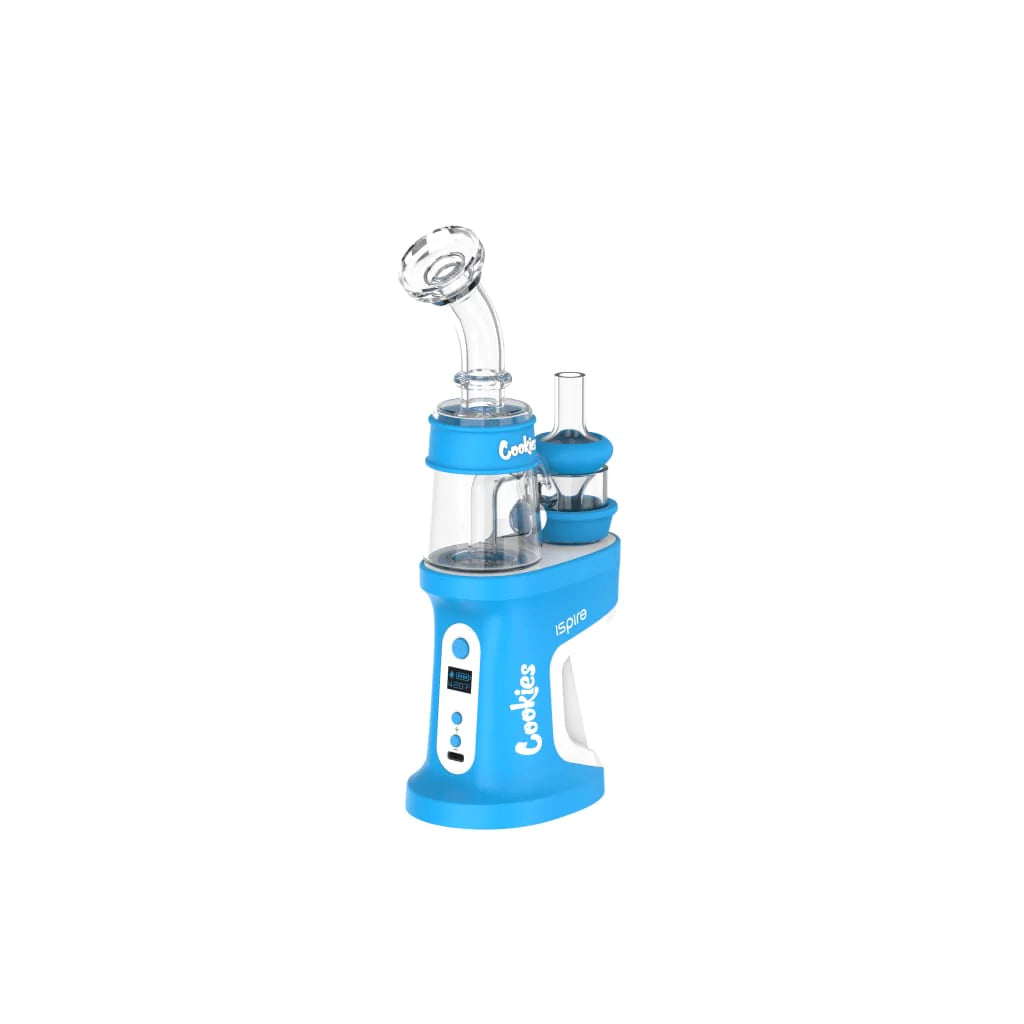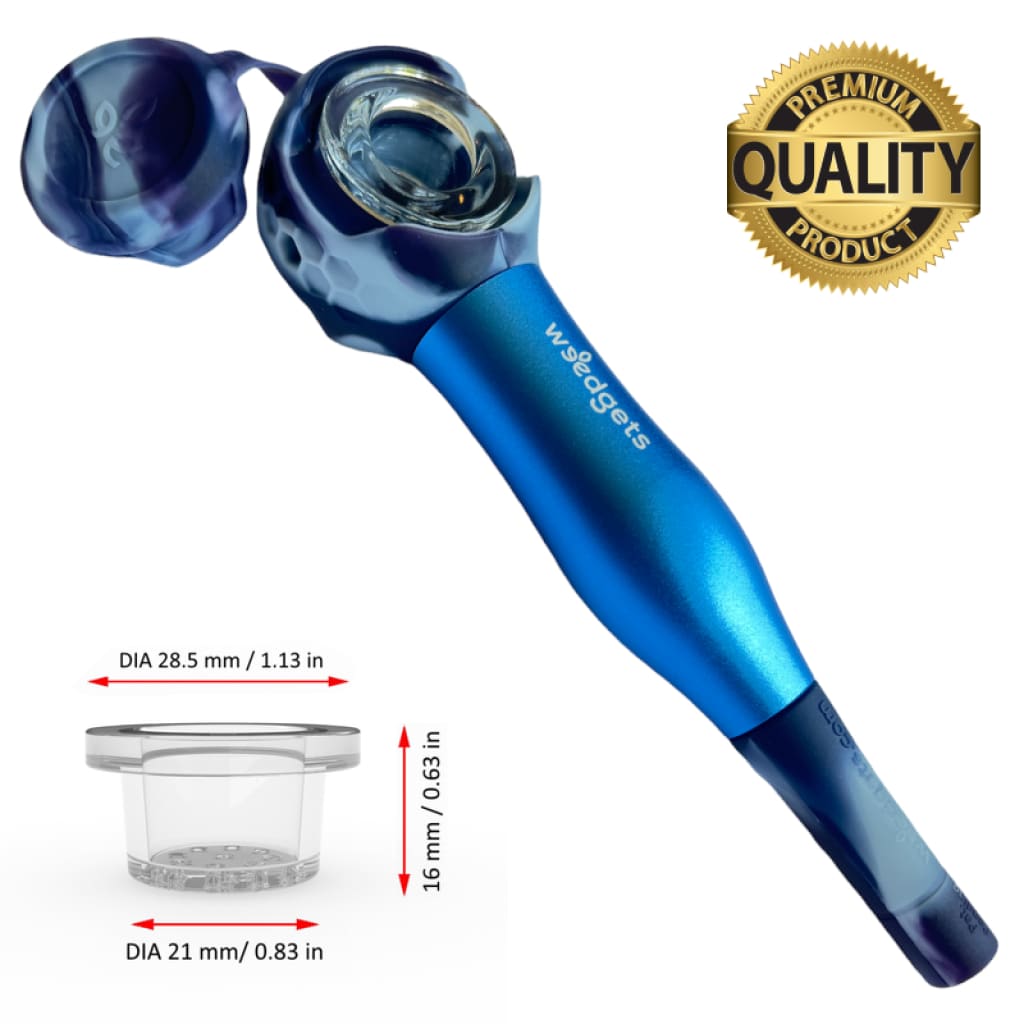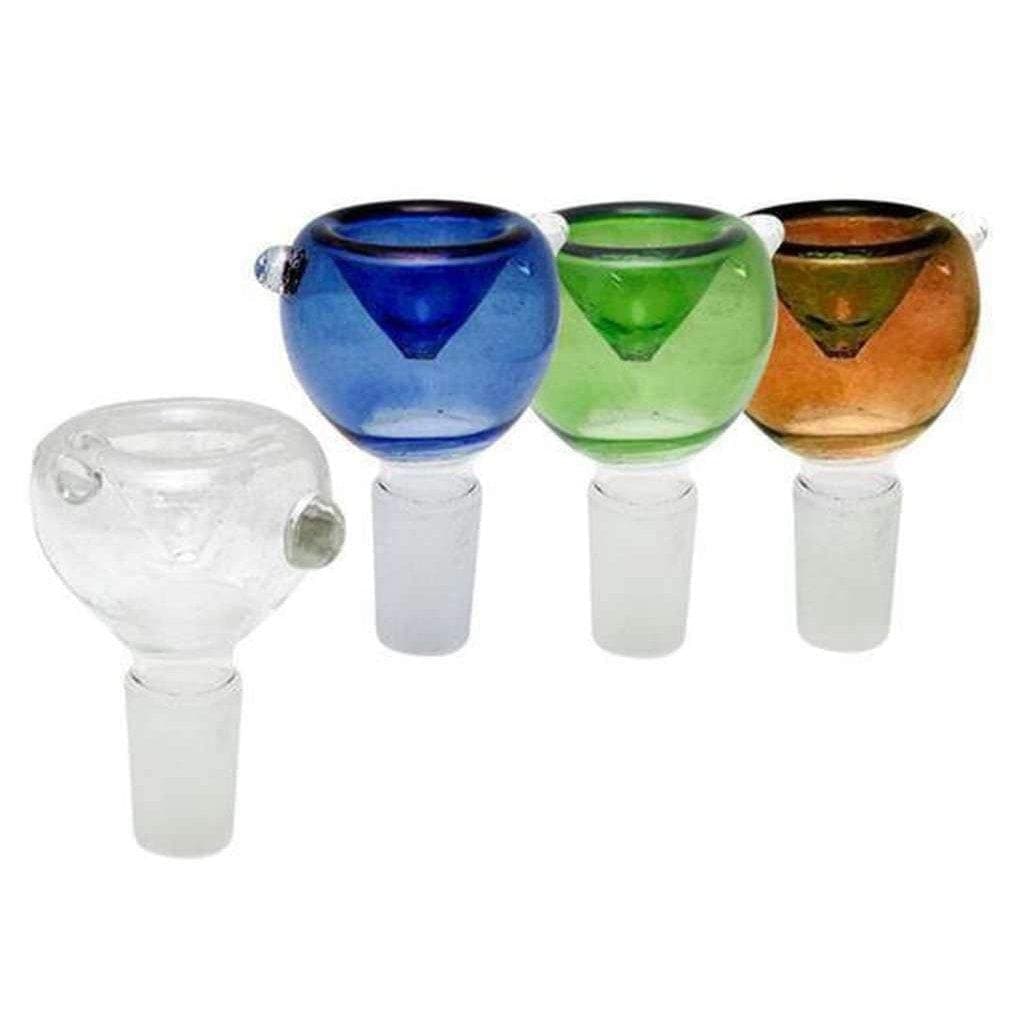US Marijuana Laws 2017
US Marijuana Laws 2017
2016 was an unprecedented year for marijuana legalization across the nation. In one night, November 8th, voters in eight of the nine states with marijuana laws on their docket, voted to approve measures to allow or expand access to cannabis. The acceptance of these laws officially made marijuana legal in more than half of the United States. However, without federal regulation and governance, the laws are anything but consistent from state to state.
Why do we care what the laws are in other states?
As a responsible cannabis consumer, if you ever want to leave the state or need to travel, medicinally or recreationally, it is simply good sense to know the laws in other states. Since the federal government still frowns on flying with your stash, chances are you’re driving somewhere, and with 21 states still upholding prohibition, it’s likely you’ll pass through a state where you are considered a criminal, not a patient.
There are basically four categories to legalization you need to understand.
Full-Legalization – this allows cannabis possession and consumption, with certain restrictions, to anyone over the age of 21. However, possession limits and purchasing rules vary from state to state.
Medicinal Only – the majority of states have a medical marijuana program that only allows patients with certain approved conditions, but allow multiple forms and doses. Some may even allow home cultivation.
Restrictive Medicinal – the latest baby-steps in legalization are the restrictive medicinal laws being enacted in the Midwest. These laws only allow products high-CBD content with tiny amounts of THC and to an extremely limited patient-base.
Prohibited – believe it or not, there are still a few states out there which believe carrying marijuana is as bad as carrying heroin, in fact, some even still enforce mandatory minimum sentences.
Full-Legalization States: 8 + D.C.
Alaska, California, Colorado, Maine, Massachusetts, Nevada, Oregon, Washington, and the District of Columbia.
Recreational use of cannabis is now legal in eight states, and the District of Columbia. After last year’s election, four new states lifted prohibition entirely by voting to legalize cannabis use and possession for anyone over the age of 21. California, Maine, Massachusetts, and Nevada all passed legislation to regulate cannabis much like alcohol. These states join Colorado and Washington, who both legalized cannabis in 2012; as well as Oregon and Alaska who legalized in 2014.
Each state has different individual possession limits:
| State | Flower | Concentrates | Edibles | Cultivation |
| Alaska | 1 oz. or less | Not Legal | n/a | 6 Plants |
| California | 1 oz. or less | 8g | n/a | 6 Plants |
| Colorado | 1 oz. or less | 8g | 800 mg | 6 Plants |
| District Of Columbia | 2 oz. or less | Not Legal | n/a | 6 Plants |
| Maine | 2.5 oz. or less | 5g | n/a | 6 Plants |
| Massachusetts | 1 oz. or less | 5g | n/a | 6 Plants |
| Nevada | 1 oz. or less | 3.5g | n/a | 6 Plants |
| Oregon | 1 oz. in public 8 oz. at home | 1 oz. or less at home |
16oz. or less solids 72 oz. or less liquids |
4 Plants |
| Washington | 1 oz. or less | 7g |
16oz. or less solids 72 oz. or less liquids |
Not Legal |
Medicinal Only States: 20
Arizona, Arkansas, Connecticut, Delaware, Florida, Hawaii, Illinois, Louisiana, Maryland, Michigan, Minnesota, Montana, New Hampshire, New Jersey, New Mexico, New York, Ohio, Pennsylvania, Rhode Island, Vermont
These twenty-nine states now offer some type of medical marijuana program. Last year’s election added three new states, Arkansas, Florida, and North Dakota, and expanded Montana’s program. Medicinal states also have their own set of laws and their own regulations and guidelines. Some have very broad lists of conditions, while others have very limited programs. Other limitations in some states include limited dispensaries, limited options on consumption, limited cultivation facilities, and even restricting the number of doctors available to prescribe cannabis. For example, the Minnesota medical program only recognizes 10 conditions, only two facilities are licensed to grow, and there are only 8 dispensaries for the entire state, essentially creating a monopoly on the market.
As many states are listed allowing the medical use of cannabis, only a handful will recognize a medical marijuana card from another state. However, rest assured, if you’re traveling to one of these states:
Arizona – although Arizona will allow you to have your medicinal product with you, it will not allow you to purchase from one of their dispensaries. So, your card will keep you out of hot water, as long as you bring your own.
Michigan – marijuana is legal medicinally, and yes, your out-of-state card will get you in the dispensaries as well.
Nevada – naturally, the home of Las Vegas, couldn’t pass up the opportunity to service its tourists. The dispensaries will gladly accept your medical card from any state.
New Hampshire – like Arizona, they will allow you to possess up to 2 ounces as a medical patient from another state, but without operational dispensaries, you’ll have to bring your own.
Rhode Island – your card gets you the same privileges as its residents, no matter where you are from.
Restrictive Medicinal Laws: 14
Alabama, Georgia, Iowa, Kentucky, Mississippi, Missouri, North Carolina, Oklahoma, South Carolina, Tennessee, Utah, Virginia, Wisconsin, and Wyoming
Restrictive medicinal laws only allow CBD therapy in extreme cases of severe disorders like intractable epilepsy. These laws generally restrict the THC content in tinctures and oils to less than 3% and many of them even force the caregiver or patient to obtain their products outside of their own state and transport it back, as they won’t allow any kind of cultivation or production. Last election, Iowa lawmakers were quoted in the Des Moines Register stating, “If Iowans want access to medical marijuana, they can move to Colorado.”
Prohibited States: 8
Idaho, Indiana, Kansas, Nebraska, North Dakota, South Dakota, Texas, West Virginia
Although most states are starting to come around, this select handful has little to no tolerance for marijuana in their state, both recreationally AND medicinally. At least Indiana, Kansas, Nebraska, North Dakota, and West Virginia all have “Conditional Release” clauses in place which will allow the first offender to opt for probation rather than going to trial and risking jail time.
The states to avoid at all cost are Idaho, South Dakota, and Texas. Texas may be changing its position soon with upcoming legislation, but until then, these three states are the absolute worst on marijuana. Convictions here can still result in mandatory minimums, and unlike the other 5 states, they insist you stand trial. Possessing less than a gram of concentrates in these states is considered a felony offense!
The moral of the story, as a cannabis consumer, be aware. Until federal legislation changes, we must be aware of our rights, as well as, the laws in other states. A simple trip to visit family during the holidays could turn into a nightmare if you have to travel out-of-state.








